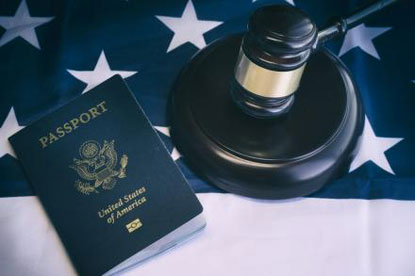
Key patents that ensure the interoperability of electronic devices across makes, models, and platforms, and those usually referred to as “standard essential patents” should be treated differently than patents whose use were more specific. Sales bans for infringing standard patents should be a rare and last option, and should not be granted as a routine practice.
The Federal Trade Commission had recently argued that infringement of “standard essential patents” should attract monetary damages, but not bans, unless the circumstances of a specific case showed a ban unavoidable.
Of recent, allegations over infringing each other’s “standard essential patents” along with other patents have precipitated the global smartphone wars, where almost all technology companies who have stakes in smartphones are battling each other in courts across the globe. Ultimately, the costs of such legal battles are passed on to the consumer.
The joint statement made on Tuesday called upon the U.S. International Trade Commission to consider public interest above other business interests when deciding to put a ban on sales of imported goods for infringing essential patents.
The statement observed, “The USITC, may conclude, after applying its public interest factors, that exclusion orders (sales injunctions) are inappropriate.” However, the opinion is not binding upon judges or panel members of the USITC, who are free to make their own objective judgments of cases before them.
Currently, the USITC is considering allegations made by Samsung that Apple had infringed several of its patents, including some essential patents.
















































